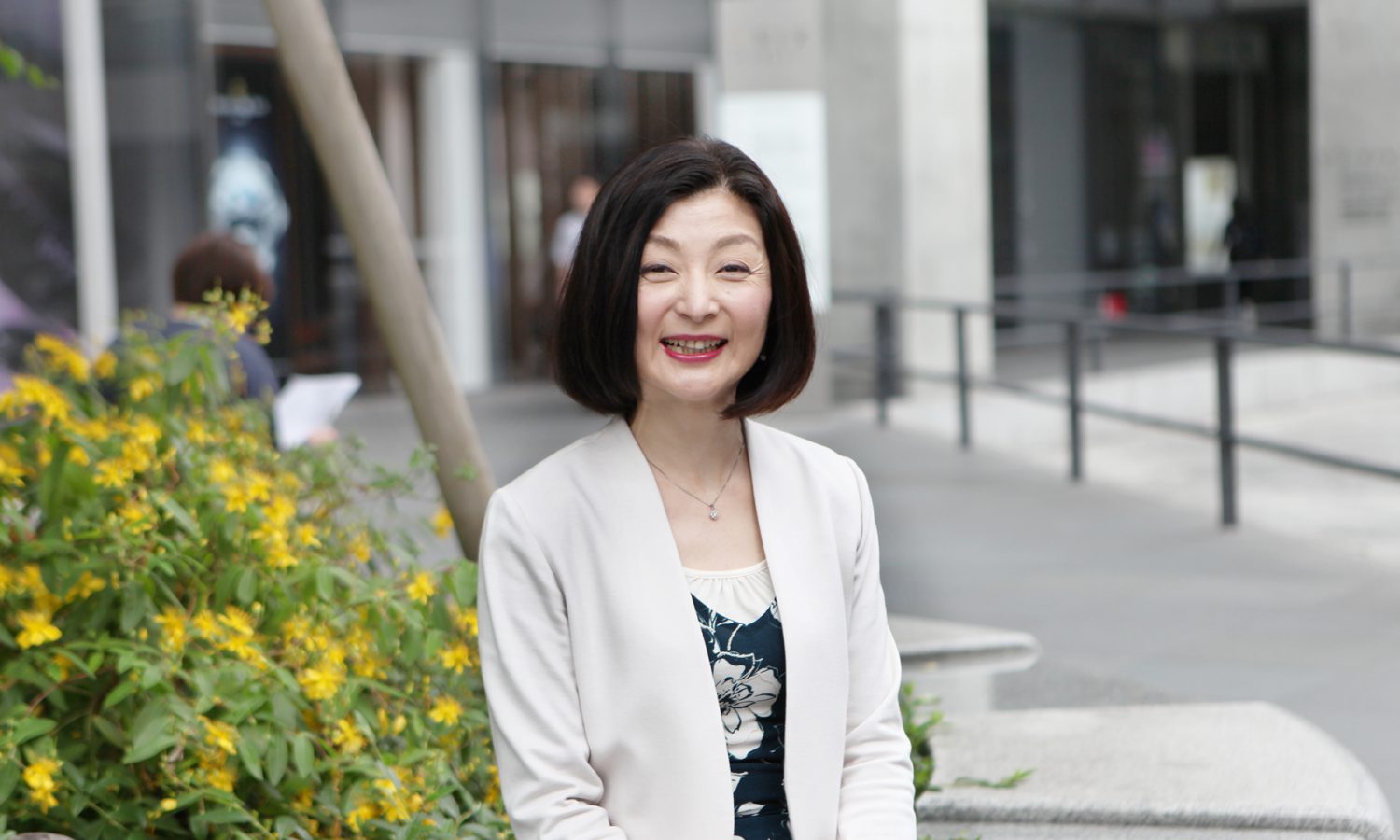Akiko Matsumoto had no doubt that someday she would fall pregnant. In <PART1> of our interview with her, we focused on how she started and ended her fertility treatment, as well as her emotional struggle throughout the process. In PART2, Ms Matsumoto, a founder of Japan’s first support organization Fine (“Present, Past & Future Pilgrims of Infertility“) , tells us about when she was struggling to find the timing to stop her treatment, the liberating idea of “taking a break“, and her subsequent emotional journey. We also ask her opinion on social issues related to this particular topic, and she shares her vision of relationships which was gradually formed through her experience.
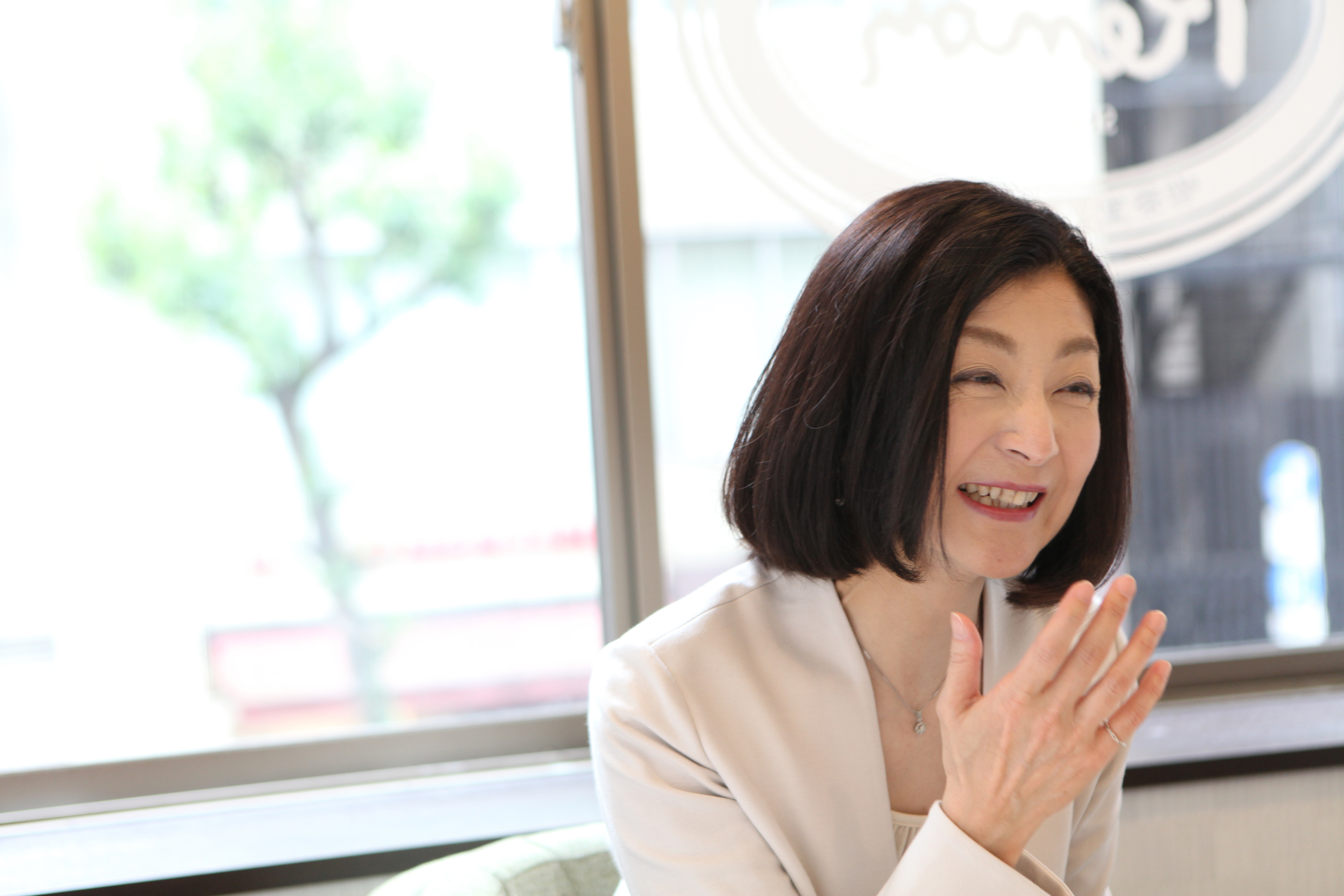
Akiko Matsumoto Executive Director : NPO Organization Fine / Member of the board of directors : Japanese Society for Assisting Dialogue and Communication
Born in Nagasaki City. Co-author of a book based on her experience of infertility, which opened he opportunity to launch he non-profit organization Fine (“Present, Past & Future Pilgrims of Infertility”). Fine has been actively submitting various requests to the Ministry of Health, Labour and Welfare and successfully receiving a number of approvals. It also strives to raise awareness of infertility related issues, organizing Infertility Peer Counselor trainings, lectures, and conducting surveys to convey the needs of patients going through fertility treatments.
She has been executive director of this NPO since its establishment, while actively working as a coach and a mentor (ICF-Certified Professional Coach, Gallup-Certified Strengths Coach, and anger management consultant)
Ms. Matsumoto’s books: Matsumoto, A (2016). When to stop your fertility treatment. Tokyo, Japan: WAVE Publishers Co., Ltd. Matsumto, A. & Shiizaki, R. & Morimoto, Y. (2001). You are not alone! – How to positively get through your fertility treatment. Kyoto, Japan: DOHOSHA Printhing
How I reached the point to tell myself, “It’s okay“
The absolute knowing: I’m taking a break now. I can start it again, anytime.
Misato Matsuo (MM) – You mentioned those nights when you couldn’t stop crying, even though you weren’t actually feeling sad. What do you think enabled you to come out of that place? What was the cause of your change?
After about a month of those nights, I had this sudden realization: Nobody told me to stop my treatment.
I can start again if I want to. I can start again tomorrow or the day after. What a relief it was to know this! I didn’t stop the treatment, but I was just taking a break from it.
It was me, who tied myself down. I was convinced that I had to stick to my decision. “I decided to stop the treatment, so I have to stop it no matter what. I have to let it go“.
It was extremely hard.
On the other hand, when I looked at the situation objectively, I realised that nobody was forcing me to stop the treatment. Nobody told me to stop going to the clinics. It was me.
On realizing that, I told myself to give permission. “You can go see the doctors again when you want to. Just go.“
Then something unexpected happened. I was feeling so much better, my heart felt so much lighter. I can say that this was my big turning point.
By giving myself permission, I could face what was coming.
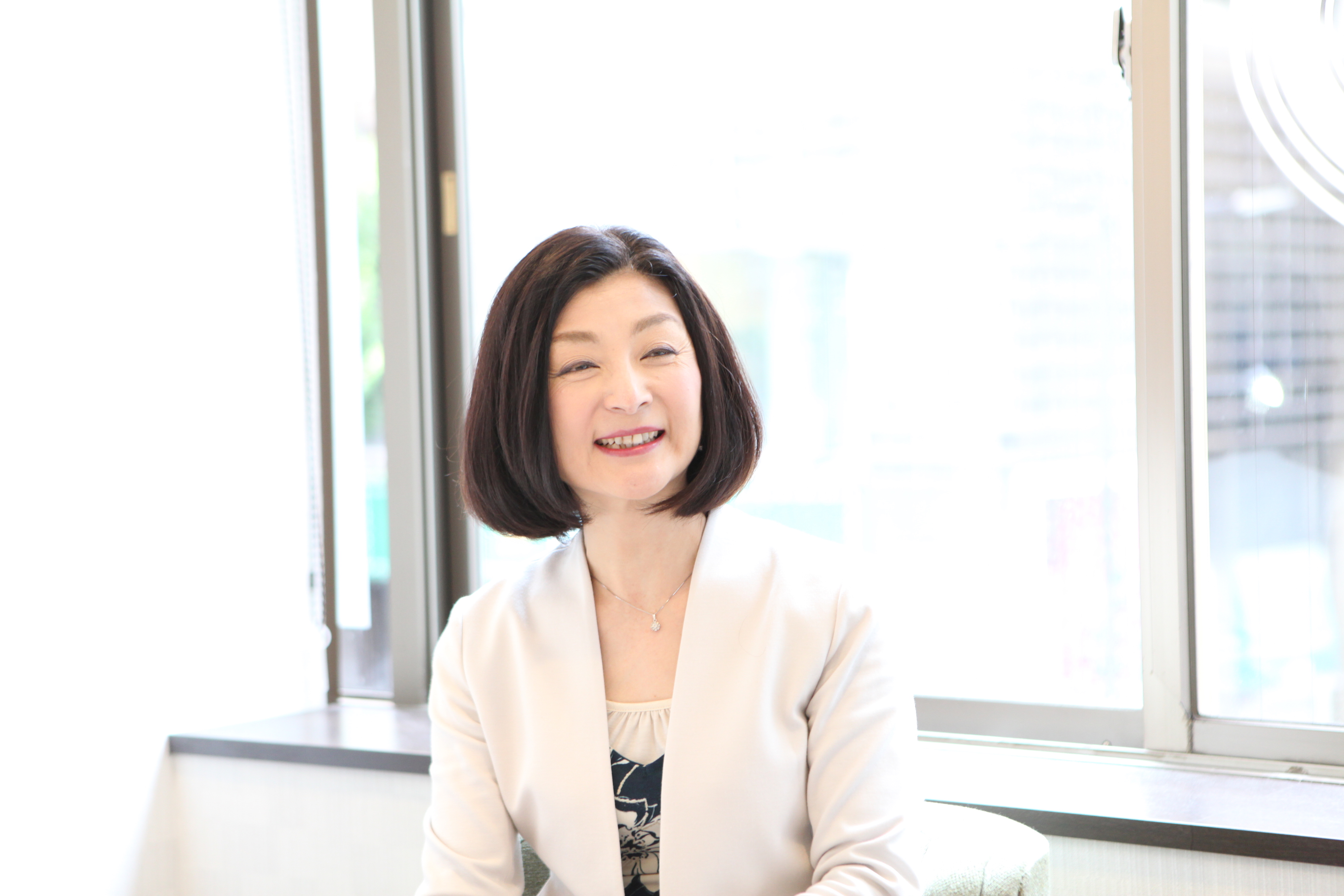
Infertility: a major identity crisis
MM – Did you have any so-called rebound reaction after that? Did you experience overwhelming emotions regarding infertility and treatment, or your desire to have children?
Oh, absolutely! I did, or rather, I still do experience those emotional waves. It is a fact, that I am “infertile“ and there is no end to this state of being. Treatments end at some point. The state of not being able to have children doesn’t have an end. The struggle of being childless might become less, but it stays with you for the rest of your life.
There are also women who did become mothers and still suffer from the memory of their struggle to become pregnant. This is how much infertility affects one’s life. The impact is incredible. Not being able to have your own children… this can profoundly threaten one’s identity.
I need to add one thing, though. Even if you carry your struggle of childlessness with you, it doesn’t mean that your life is doomed and there is no happiness.
So no worries! Of course, it took me some time to get where I am now.
I have no regret of having gone through fertility treatment. My husband and I talked about this so many times, and we share the sense of having made the right decisions for us both.
On the other hand, I still experience this profound emotionality towards not being able to become pregnant. I miscarried twice, and I still count their age every year, how old they would have become.
The fact that I really wanted to have children is never going to change and it will stay with me for the rest of my life. That’s life, I suppose. I feel that the fact that I wanted to become a mother and couldn’t is a very important part of me, my story.
MM – Do you think that this sense of being “deeply connected to identity“ is shared amongst women you meet through your work with Fine, or your coaching clients who are/were trying to conceive?
It depends on each individual, but I see two opposite tendencies in those women. One is the women who end up not having children and treasure their experience as a part of themselves.
Or women who actually succeeded in becoming pregnant, and yet consider their childless-not-by-choice period as an important life experience.
The other is the women who want to forget about their fertility treatment. Some wish to move on to the next step in their life, and others want to hide the fact that their children were conceived through IVF.
There are even women who don’t want to mention it at all, or who want to delete the fact from their life that they were having difficulties getting pregnant.
Neither of these two opposite attitudes are necessarily good or bad. But what I see in the women I work with through Fine, is that most of them consider their childlessness journey as an important chapter of their life, whether they became pregnant through the treatment or not.
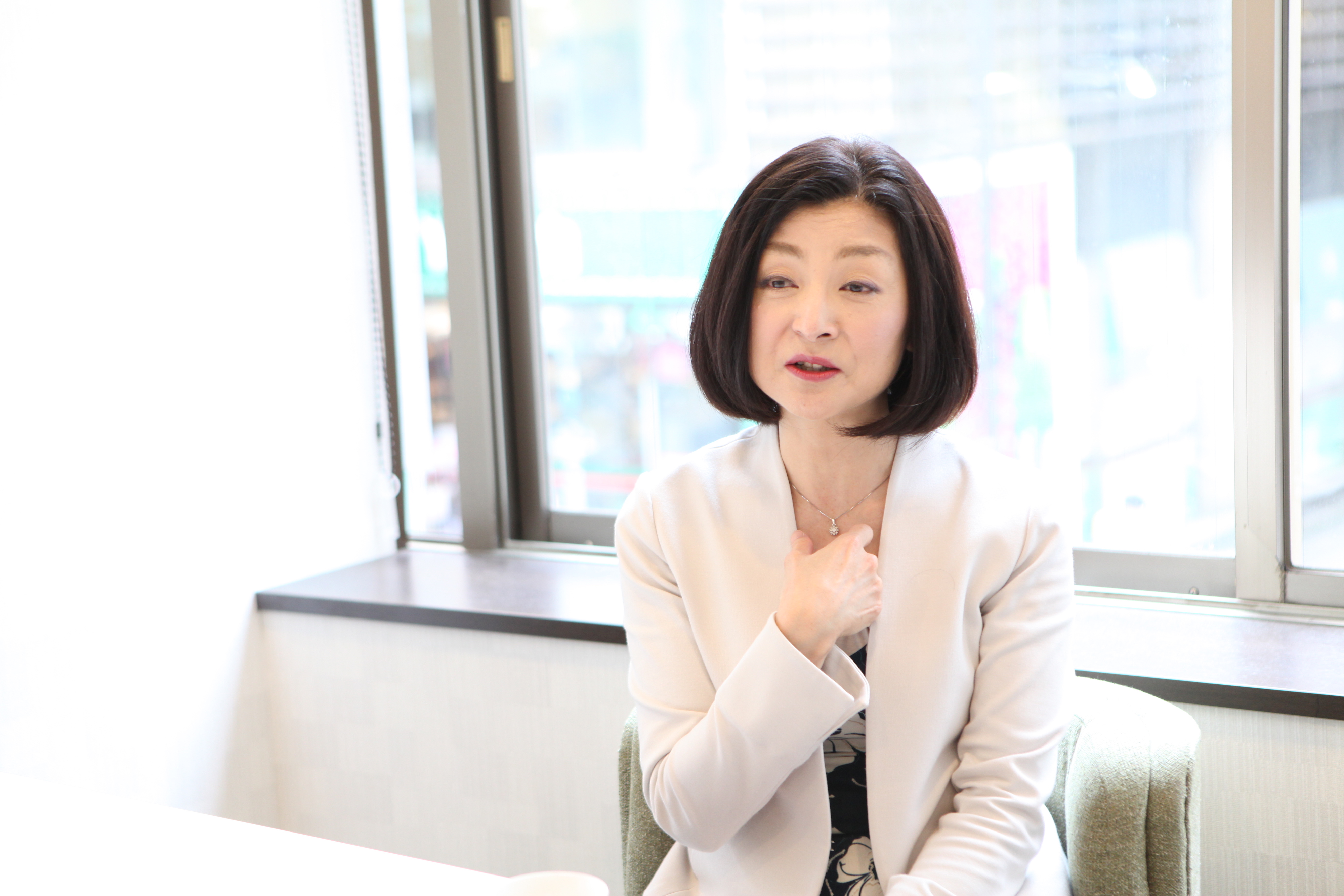
This is not “unusual“ any more
MM – I understand. There are many ways to deal with your emotions and to face the difficulties of infertility. How should people around those women treat them? How would you have liked to be treated?
From my own personal experience, I think it’s best to be normal around us.
If people around you become too sensitive towards this fertility issue, you feel guilty for making them concerned with you. This is a very sad vicious cycle that stems from kindness towards each other, don’t you think?
That said, you do need to be considerate towards women who are in the midst of treatment and who are suffering physically as well as mentally, or who have not yet recovered from all this. If you think about it, though, it’s something we should be aware of with people in other kinds of difficult situations as well. And I think that women who can talk about their experiences in a relatively objective way are the ones who have made it to the other side.
What I often refer to as an example is divorce. One out of three marriages in Japan ends in divorce right now. This calculates as one divorce every two minutes. So it’s not uncommon these days. Therefore people don’t treat divorcees with the utmost sensitivity, do they?
I’m not comparing divorce with infertility, but this infertility issue is not so extraordinary anymore.
I hope people accept both issues as something common and react to them as they would with any other issues in life.
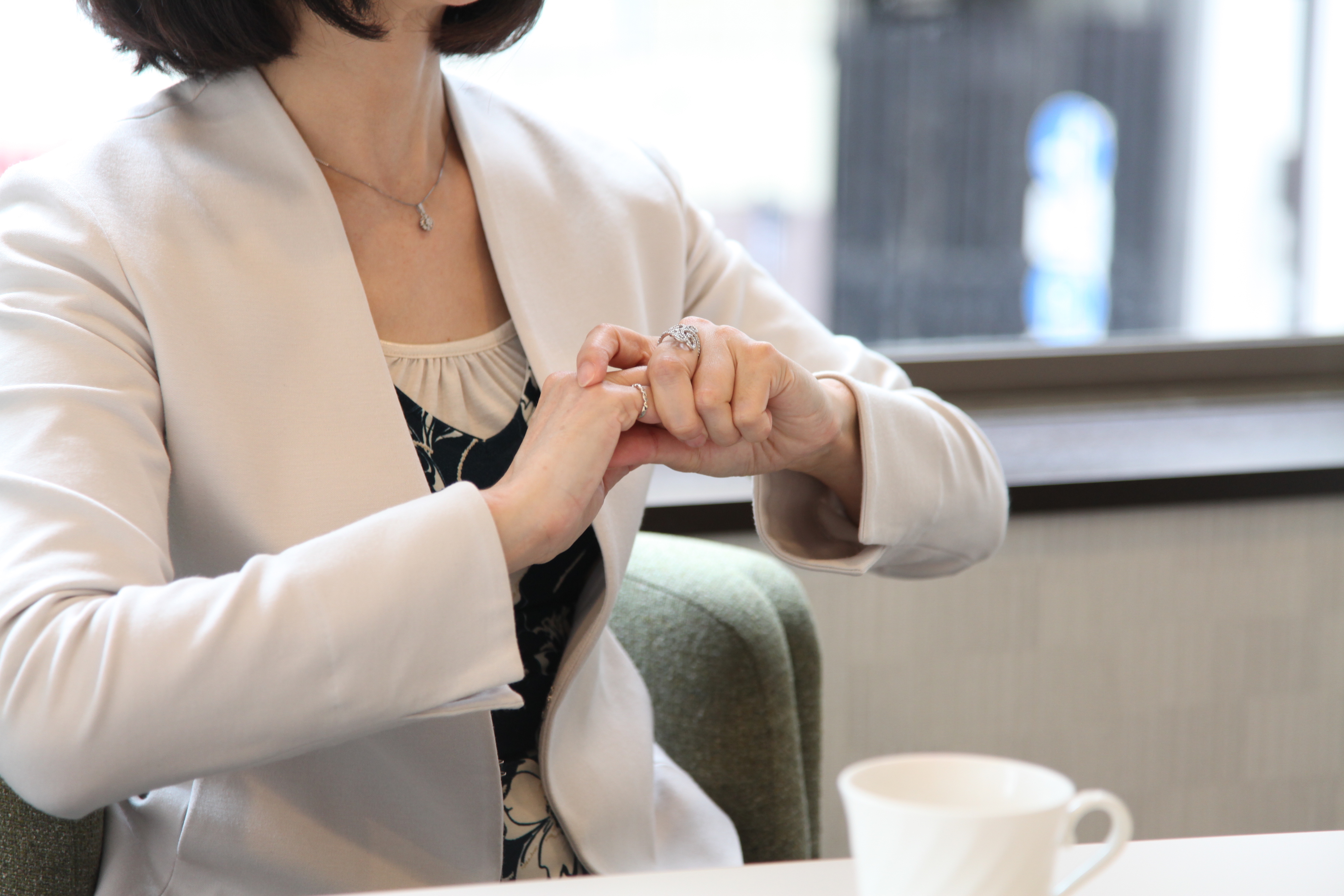
It is 15 years since the birth of Fine. What are the remaining issues relating to infertility?
Creating a shared vision before starting the treatment
MM – Thank you for generously sharing your experience and thoughts with us. Ms Matsumoto, it’s been 15 years since you started supporting people struggling with infertility. What are the remaining issues relating to this topic right now?
Well, there are still tons of issues. But here are two which I think are quite significant in recent years: One is “how to keep a balance between treatments and work-life”, and the other is “when to stop treatments”.
First, more awareness at work is needed. Even though fertility treatments or the expression of “Ninkatsu” (actively trying to become pregnant) are now widely recognized, and various information about infertility has become so accessible, there are still misconceptions about the issue. What are the actual treatments? How often do you need to go to the clinic? You need to know these things in order to be supportive.
Parallel to spreading this awareness, the government should actively create a working environment with supportive measures for women who wish to have children and continue to work. And this inevitably relates to the issue of financial support for treatment.
When I speak at our seminars, I also share that a couple should create their “vision of their goals” before they step into the treatment, not during.
People start fertility treatment later in life than before, and the treatment period has become longer – and is becoming longer yet. Women can struggle to manage treatment while keeping their jobs, and have a hard time making the decision to stop the treatment. I strongly hope that such women won’t get caught in the vicious cycle.
We also need to start developing reproductive literacy from a young age, while people are still studying, for example. Then there will be fewer women who at the age of 40 start feeling frustrated or desperate.
And both men and women should be equally informed about this topic. Now that women also continue their careers, men should be more aware and understanding towards women.
I believe that we need to work simultaneously to both support people who are struggling through fertility treatment, and educate young generations.
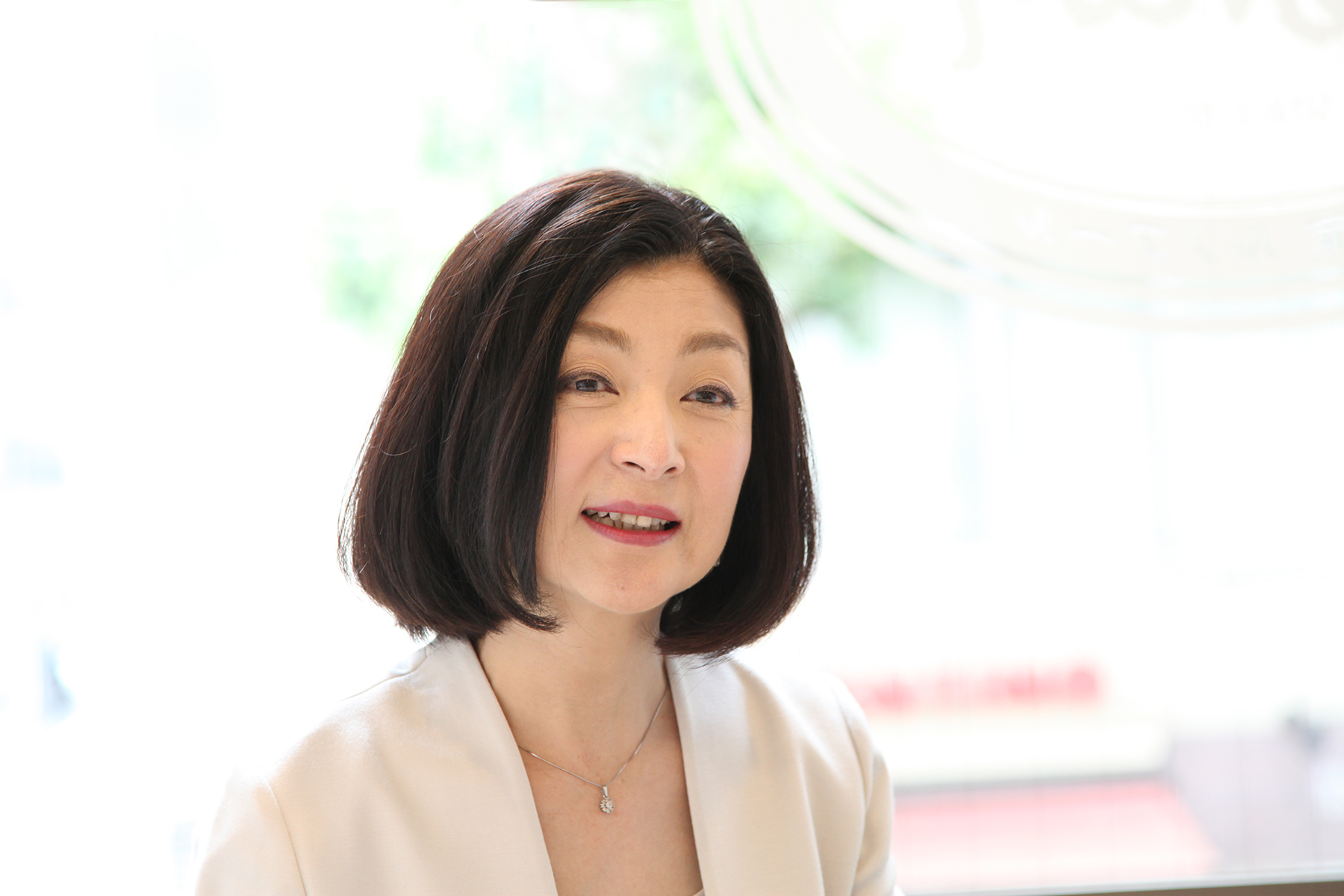
An ideal society: the spirit of supporting each other in challenging life situations
MM – Could you please share us with your ultimate vision beyond these issues?
My ideal is “a society where Fine is no longer needed“, to be a bit extreme. In this ideal society, fertility treatment would be nothing to be ashamed of or hidden, but people around you would accept it in a natural way and offer support without needing any particular organizations.
People who are in the midst of child-rearing, caregiving, fighting with diseases or going through fertility treatment, and in many other challenging life situations, would help each other in the spirit of mutual support. The population in Japan is declining, and without helping each other our society as a whole won’t be able to sustain itself.
For this reason, it is ideal to start fertility education, including infertility and possible treatments as well as diverse family structures from elementary school on.
We won’t be able to realize this kind of society tomorrow, but I would very much like to have laid the foundation for it in 10 years’ time.
With the 2020 Olympics approaching, it has become clear how undiversified Japanese society still is. The movement to promote diversity has been accelerated, and I hope to make use of this social climate to provide positive solutions to existing issues.
What is an “ideal partnership“?
MM – Ms Matsumoto, what are your personal goals and dreams? From what you have shared with us, I feel that you take communication between you and your husband very seriously. You two discuss your visions for your future on a daily basis, for example. What is your ultimate ideal of partnership as husband and wife?
Well, we have been through so many experiences together and we are happy with each other now. So I hope to stay this way. There is no complete state of being, and we would like to keep changing and evolving.
My husband tells me that he has evolved quite a bit, and things like “I have a super coach (!) by my side“.
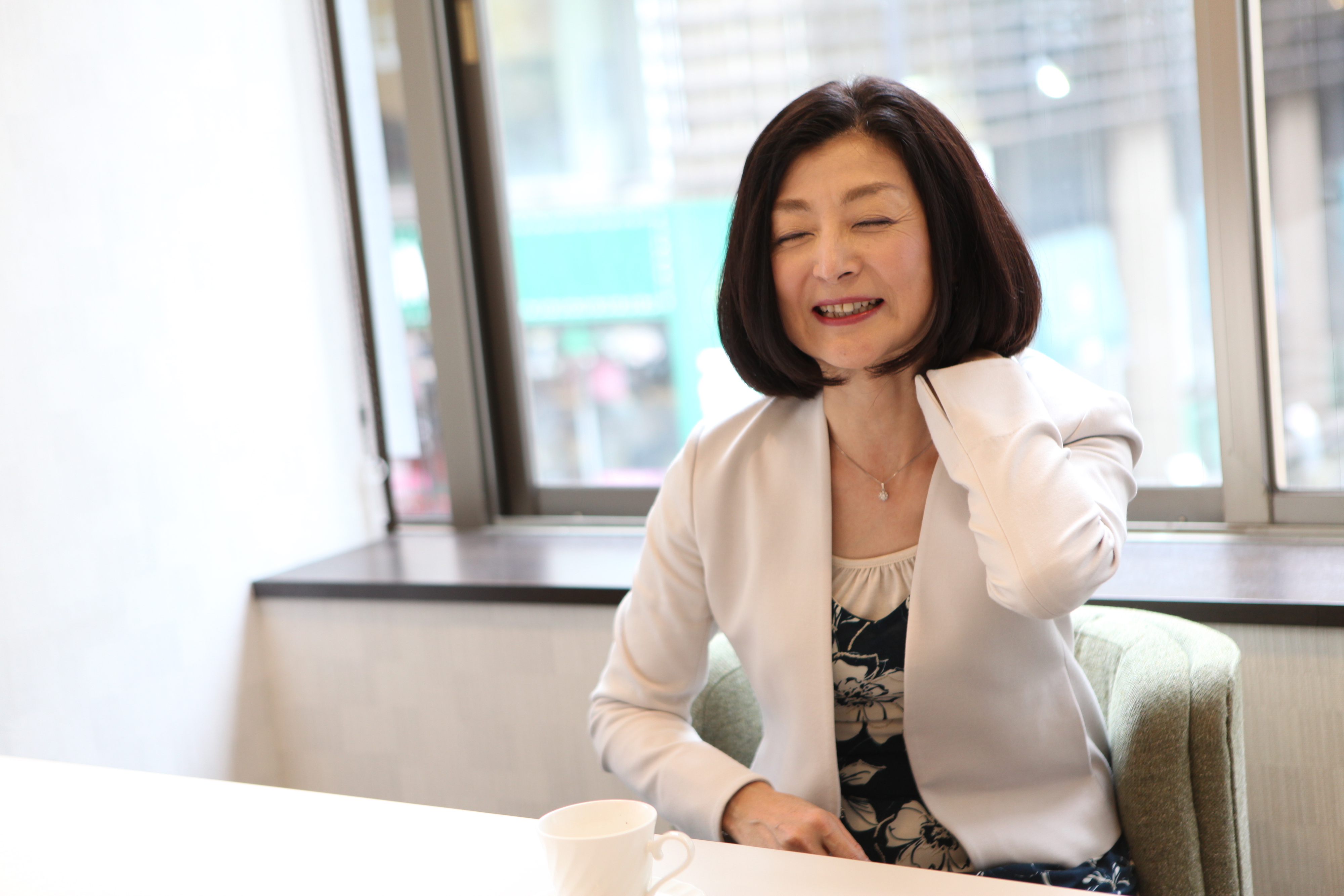
“The Power of Two“
The key is to become a Team during fertility treatment
MM – When you look back on your journey, would you say that your treatment, among all other various experiences, became a momentum to strengthen the bond between you and your husband?
Yes, I think so. During the fertility treatment partners become one team and tackle the issue together. Therefore it is a chance to refine your relationship.
When people are faced with an unexpected life difficulty, your value system inevitably reveals itself and partners have to deal with differences in their sense of values. Whether your bond becomes stronger or not depends on your ability to team up with your partner.
Husband and wife are two individuals with different backgrounds and therefore, two people with different resources and value systems. Consequently, when the two are put in a situation where their visceral honesty is revealed, differences become clearer than usual. If you fail to try to understand your partner and then force your value system on them, it is very possible that you could end up creating an irreparable division between you two.
I often hear stories about people who got divorced after unsuccessful fertility treatment. Many people assume that the separation was due to the fact that they couldn’t have children. But that is not the case. There are more than a few couples who ended up choosing divorce even if they successfully became parents after the treatment.
In other words, fertility treatment is merely a small trigger. The real reason for divorce might have been that couples failed to respect each other’s value system and couldn’t repair the division created between them.
In my opinion, fertility treatment can be a test to your Power of Two as a team of husband and wife.
MM – What do you think is needed for a couple to strengthen its bond through treatment?
Every person is different. Everyone has their own way of thinking and what they thinks is important. So it is crucial to have respect for each other and the attitude to understand each other.
It takes two to tango, so imbalance leads to exhaustion. And if the differences between the two partners are too great, it is a huge challenge to come to an agreement.
However, if you can find a single common ground, you can start from there and have a good chance to become true “life-long partners“ for each other.
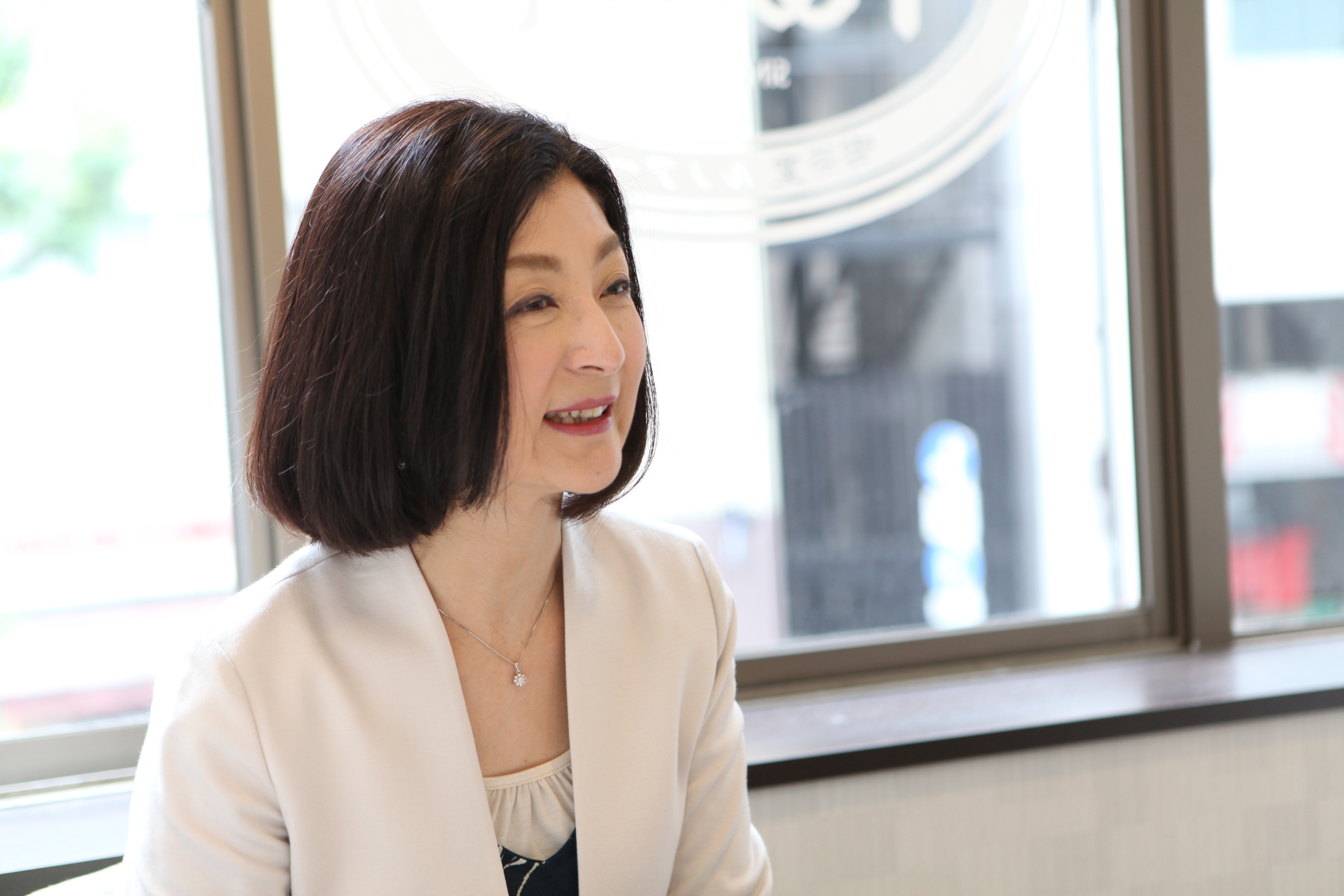
In 30 years, what will we be like as husband & wife?
MM – Thank you so much for this opportunity to talk with you. There are UMU readers, who are trying to become pregnant/going through treatment, or considering to end their treatment. Could you please give them a word of encouragement, Ms Matsumoto?
I sometimes organize workshops for women who are trying to become pregnant, called “Conference on future action for pregnancy“. And this is my most sincere message to such women: Talk to your partner, talk a lot without hesitation, and be honest. You might have a different opinion to your partner and that might cause a serious discussion. That is OK. Not being open to sharing your opinion will harm your relationship.
If you wish to be together with your partner, this is the chance to take your relationship to the next level. So please go ahead and have lots of talks with your partner.
In addition to that, it helps to create a long term vision together. What kind of life do you want to be living? In 30 years, how do you wish to be as partners? In this way, you can allow yourself more flexibility with the actual process towards this vision.
Suppose you are struggling to decide to stop your treatment. What if your vision for the future were to retire in 30 years and move to a mountain in Nagano prefecture, grow vegetables organically and cook or bake with them, just enjoying life…
This might give you a new perspective on life. You might not need to have children “no matter what“.
Take a look at the place beyond where you are right now. You might be able to see a different future. From there, plan backward. In this way, you will start seeing what you’re supposed to be choosing right now.
Also, your future plan is not carved in stone. You can rethink and rewrite it according to the situation. The most important thing is to have the idea of the goal and vision for you two, and what your happiness is. You as a couple will be “fine“ if you both agree on that.
And my message to the readers of UMU is this: Please stop blaming yourself; praise yourself. If you are caught in the sense of “I have to have my husband’s child“ or “I have to give a grandchild to my parents/parents-in-law“, it is extremely hard.
They say that “have to“ is the other side of the coin of “don’t want to“.
Please get out of the situation you feel you are stuck in and do what you really desire. Say yes, and say “that’s okay“ to many things for yourself. You have been trying your very best already.
I also treasure this expression: You are not alone. The title of my first book is actually “You are not alone! Positive survival tips for fertility treatment,“ and I really meant this. The motto of the company LIFE CIRCUS Inc., the managing organization of UMU, is also “Don’t struggle alone“ and I have great empathy for that.
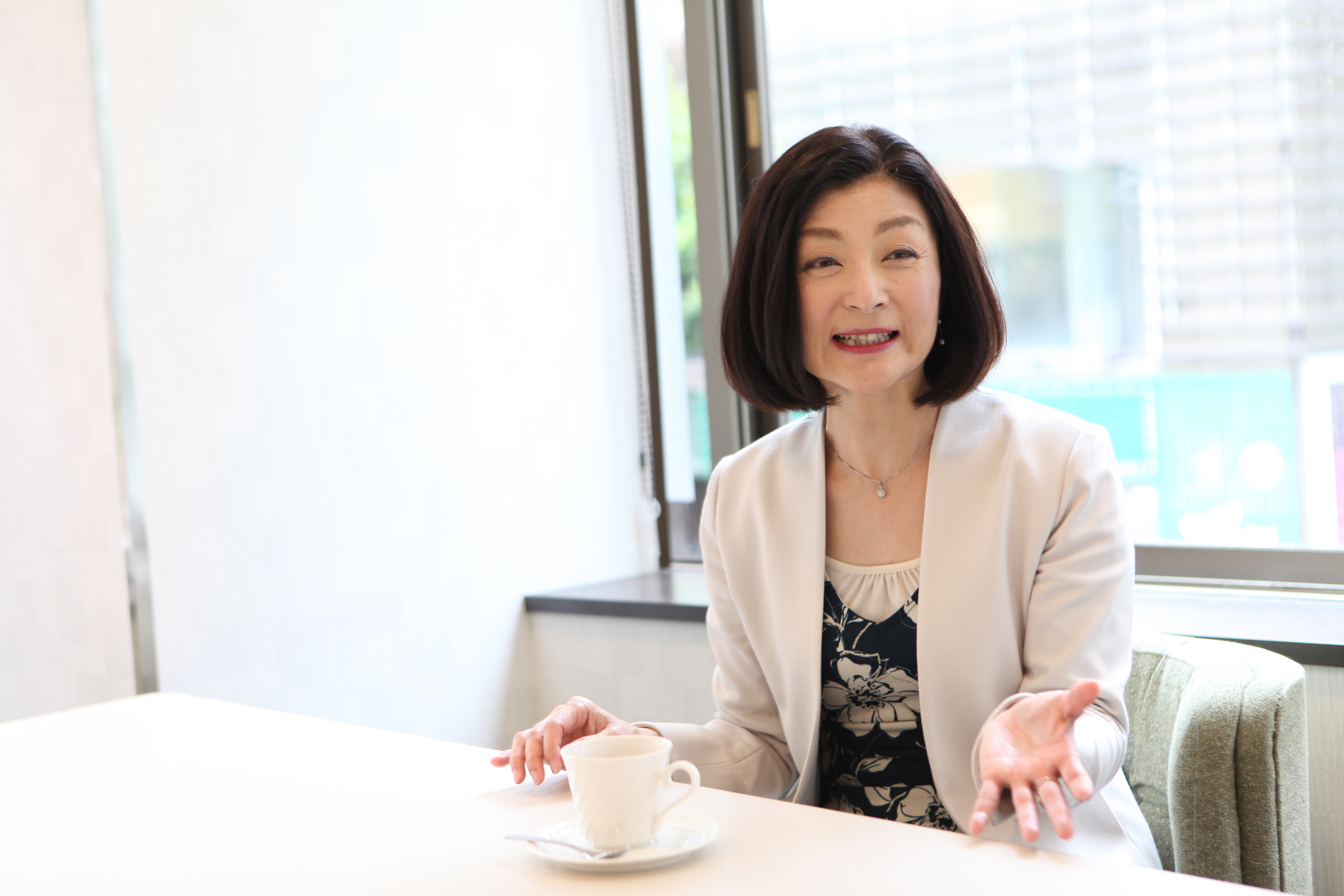
MM – You mentioned before your experience of giving yourself permission, which gave you a great relief. Now I really understand that. Many women will be encouraged by your experience, I believe. Here is the last question for you. If you could give a message to yourself back then, what would you tell her?
That’s a good question… I would say, “I’ll tell you what. Our baby didn’t come to us.“
During my treatment days, I was craving to know what would become of me in a few years’ time. I wanted to know if my baby would come to me. After all, I was trying so hard for it. Every single day I was repeating this question in my head, while trying all kinds of medical procedures like mad. Will my dream come true? My anxiety was overwhelming.
I wanted to know if all my effort was worthwhile. If so, I would keep going. But if not, then all this was in vain and I might be better off giving it up soon. I didn’t want to waste my effort, you know. That would have been too sad.
The possibility of having a future without children was absolutely terrifying. I had dreamt about a future with children for so many years.
So, I guess that I want to tell her what she wanted to know the most.
Also, I would add one more news in my message to her. “I gained so much from our experience as well.“
I spent too much time and money, missed chances for new job opportunities, my husband and I argued a lot, I had miscarriages and God knows how much tears I shed. And yet, besides these losses, there are things I did gain.
The bond between me and my husband, great people I’ve met through my journey, the moments we shared with smiles of relief, lots of emotional events… all these are my irreplaceable treasures. So, that’s what I’ve received as gifts.
It is going to be okay. This would be my message to myself back then.
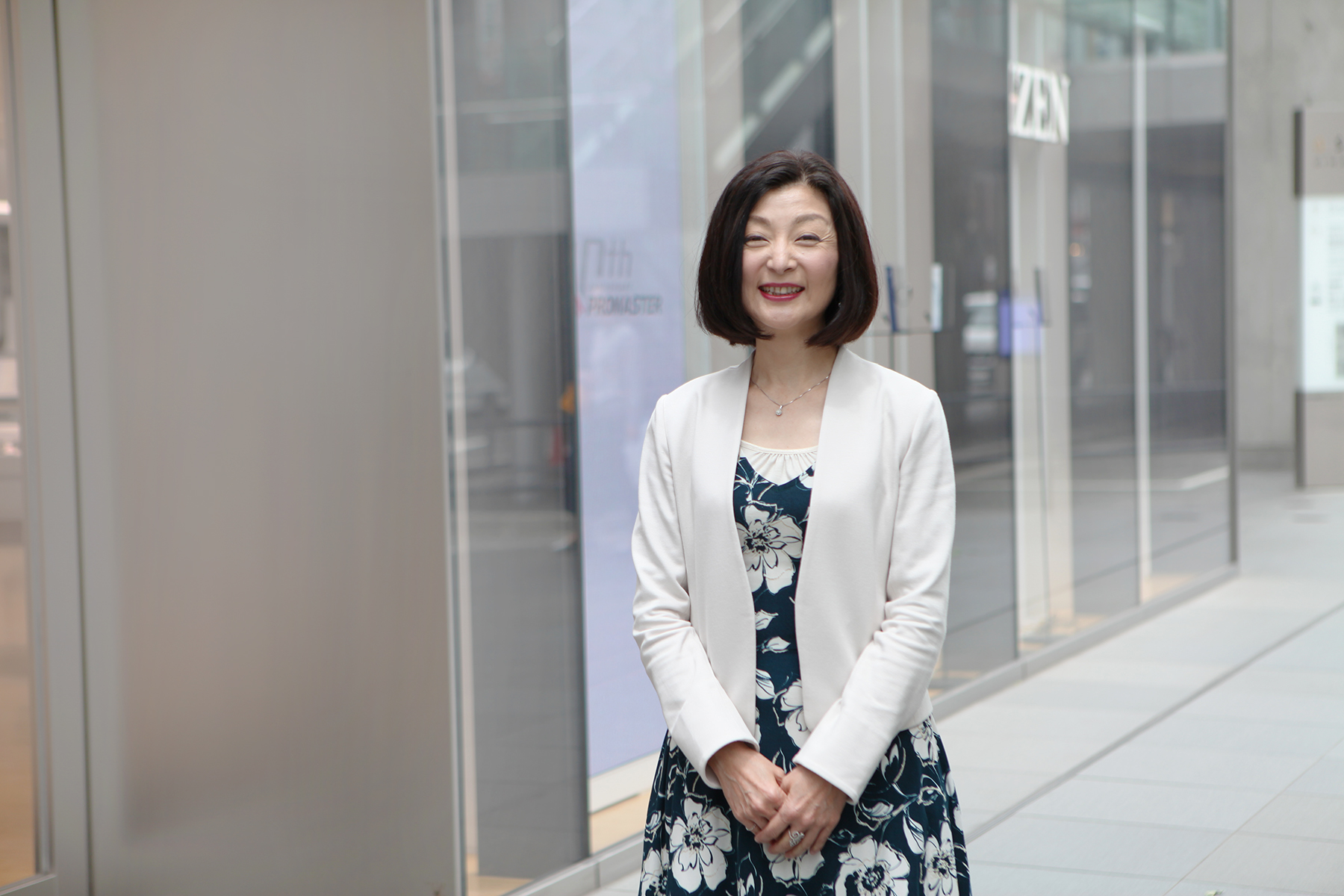
Written by Misato Matsuo, Photographed by Chihiro Netsu, Translated by Yoko Gross, and Special Thanks to Meri Joyce

